Pasteurized liquid eggs are a popular product in developed countries such as Europe and America, because they are very suitable for food production, especially baking. In Vietnam, the consumption habit is still mainly fresh eggs, so this product is quite new. However, the trend of using pasteurized liquid eggs is growing rapidly in Southeast Asia.
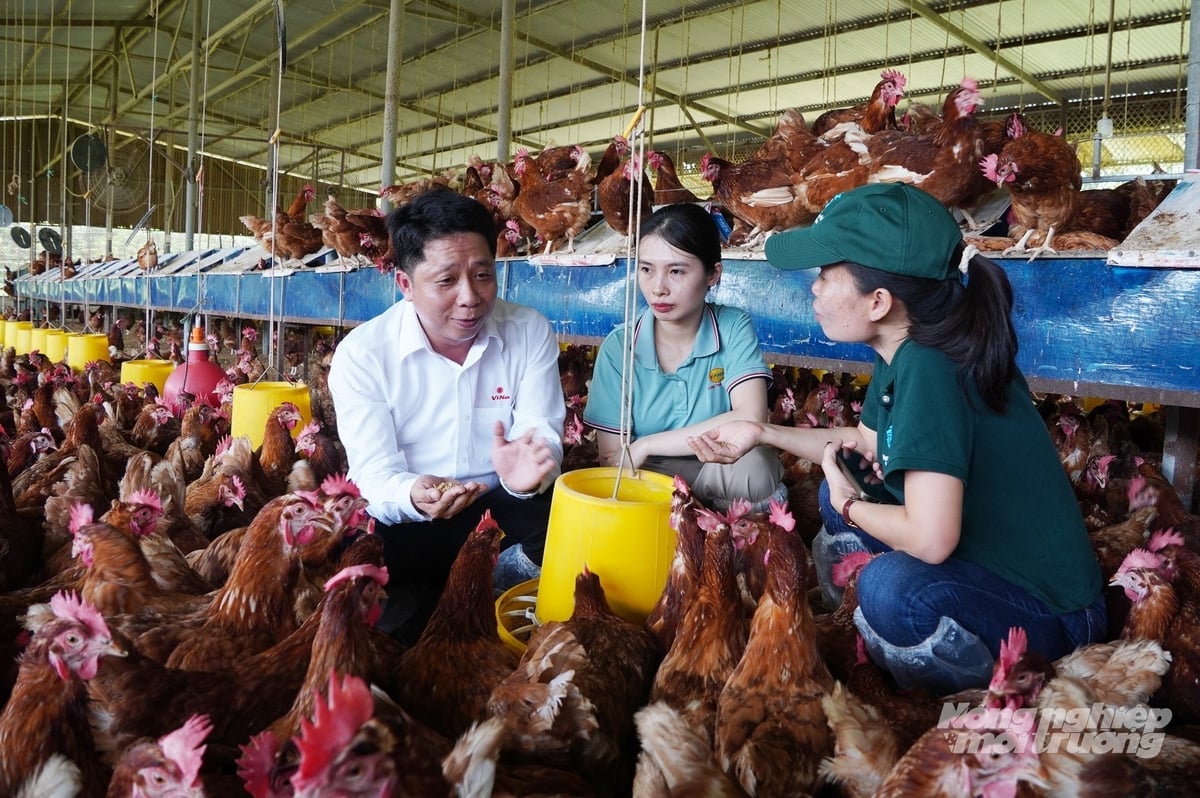
Eggs from farms that meet international animal welfare standards, pasteurized liquid chicken egg products will also be certified for animal welfare. Photo: Nguyen Thuy.
Many multinational corporations in the food and confectionery industry are switching to pasteurized liquid eggs to save on labor costs and meet food safety and hygiene standards. This trend has also spread to high-end hotels, especially those with bakery processing areas. They are increasingly interested in pasteurized liquid eggs because of their convenience and hygiene.
Mr. Luiz Mazzon, Global Director of the Humane Animal Husbandry Program (HFAC), said that the source of humane liquid eggs (cage-free liquid eggs) is entirely from fresh eggs produced from farms that meet international animal welfare standards.
On farms that meet international animal welfare standards, hens are free to move, not confined in cages, and are provided with adequate living conditions that help them feel comfortable and reduce stress. Specifically, the barn will use dry, loose bedding to help the chickens dust bathe, a natural behavior that is important for their health and well-being. There are enough feeders and waterers to avoid competition between individuals. On the other hand, perching spaces are arranged appropriately for each chicken, helping the chickens rest naturally, maintain flock order and develop strong bones. The nest has a soft lining, creating a private, comfortable space for egg-laying hens.
According to Mr. Luiz Mazzon, when egg processing companies use certified cage-free eggs as raw materials and strictly control traceability, the final product, which is cage-free liquid eggs, will also be certified animal welfare according to international standards.
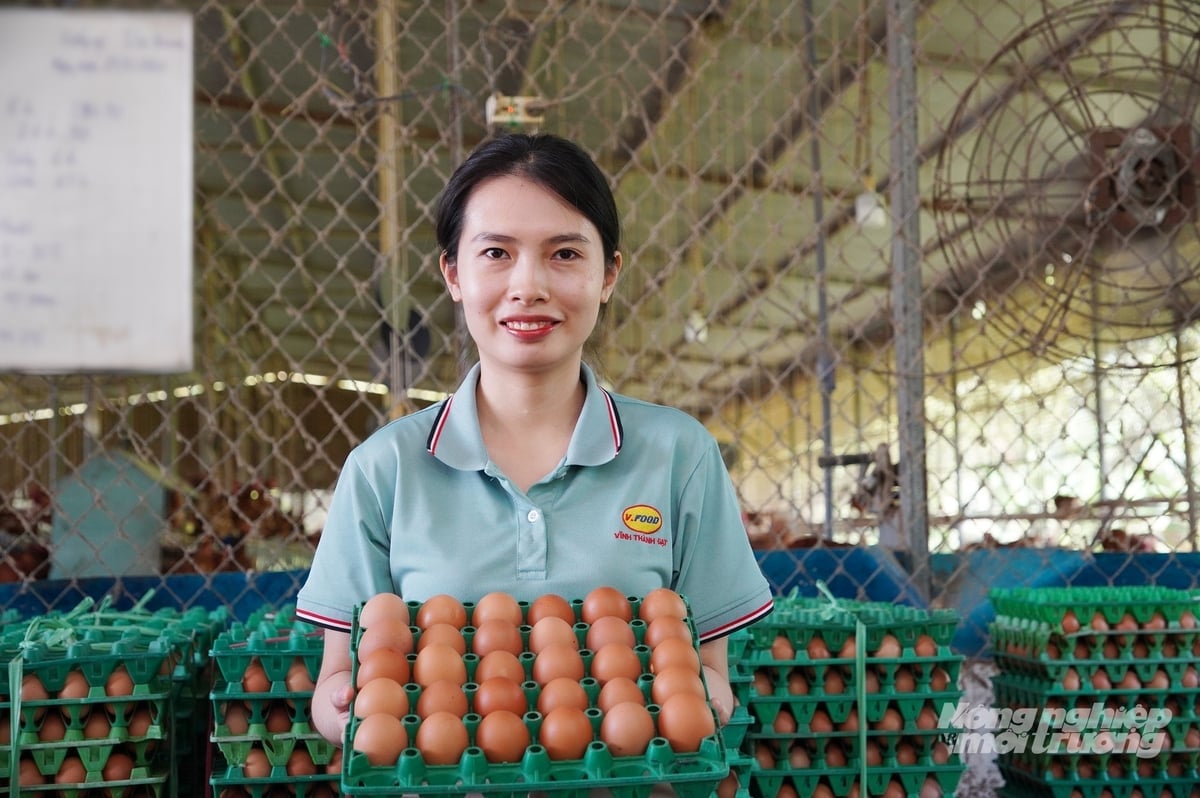
The increasing trend of products made from pasteurized liquid eggs that meet humane standards. Photo: Nguyen Thuy.
Ms. Le Thi Hang, Director of Animal Welfare Program in Livestock, Southeast Asia Region, Humane World for Animals said that in Southeast Asia, many countries such as Singapore, Malaysia or Thailand have businesses producing pasteurized liquid eggs that meet animal welfare standards. In large countries such as China, Korea or Japan, this product has become a popular choice in the food processing industry.
“The trend of ensuring food safety and optimizing labor in processing plants or high-end hotels also makes pasteurized liquid eggs a suitable choice. This is also part of the deep processing orientation that the poultry industry is aiming for to increase product value and reduce post-harvest losses.
Pasteurized liquid chicken eggs that meet humane standards are a potential trend that not only helps farmers diversify their products and reach new customers, but also opens up export opportunities to regional markets such as Singapore and Hong Kong,” said Ms. Le Thi Hang.
In Vietnam, domestic livestock enterprises such as V.Food and Ba Huan are pioneers in producing and supplying pasteurized liquid eggs that meet humane standards, helping processing plants to use them immediately after opening the packaging, without having to break the eggs manually. Notably, in 2025, V.Food (April) and Ba Huan (June) obtained the cage-free liquid egg certification from the Certified Humane Organization.
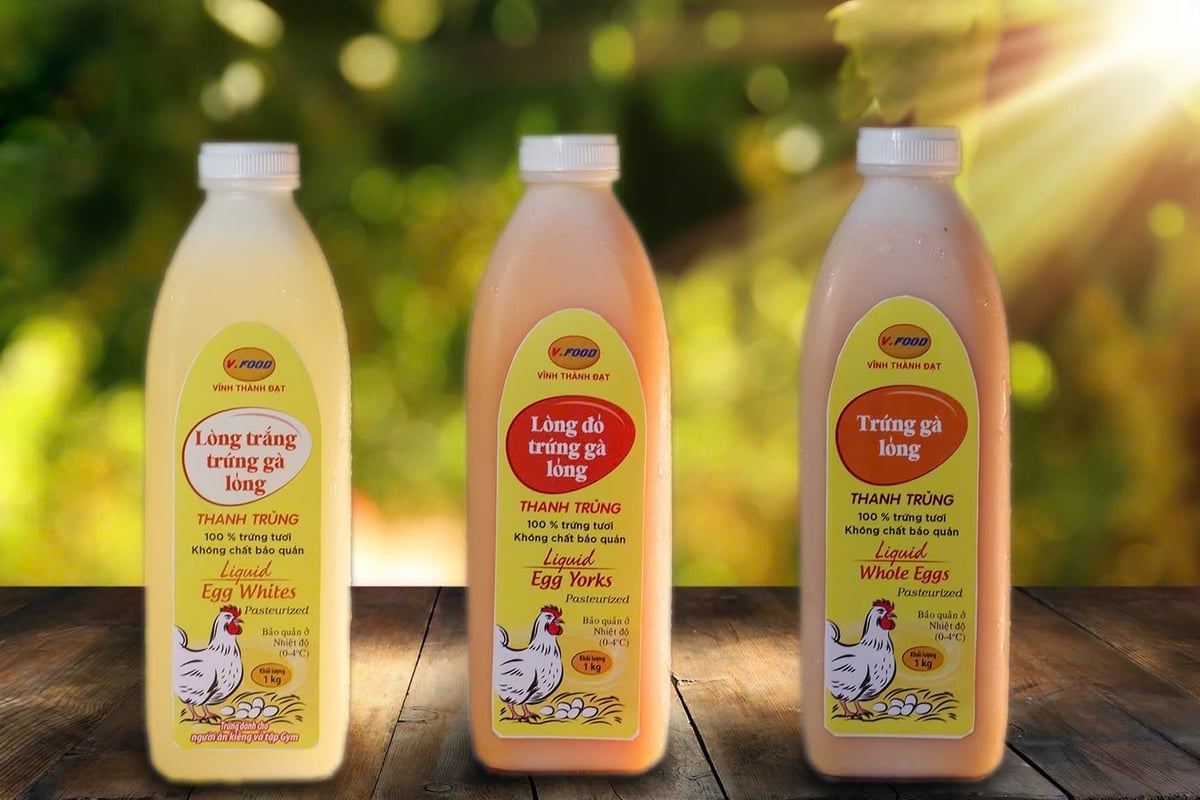
V.Food's pasteurized liquid egg product that meets international humane standards has just been recognized as a typical product of Ho Chi Minh City in 2025. Photo: Nguyen Thuy.
With a total flock of nearly 30,000 humanely raised laying hens in Dong Nai , V.Food is not only a pioneer in raising chickens according to international “cage-free” standards, but also the first unit in Vietnam to produce pasteurized liquid eggs.
Mr. Truong Chi Cuong, Deputy General Director of V.Food, said that pasteurized and frozen eggs can be preserved for up to 6 months, making them suitable for supermarkets, resorts far from the city center or markets that require long storage times. This type of egg is considered safe, convenient and of consistent quality, although the cost is currently higher than regular eggs.
“A number of large hotels, restaurants and confectionery companies have started using this product. In addition, we are also working with foreign partners to export, taking advantage of the long shelf life and competitive prices,” said Mr. Truong Chi Cuong, adding that Vietnamese humane eggs have a price advantage over many countries, especially Singapore, where the breeding area is limited. Currently, the company aims to narrow the price gap between humane eggs and regular eggs, making them more accessible to consumers, while investing in FSSC-certified processing plants to maintain stable quality for export.
According to Ms. Le Thi Hang, Director of the Animal Welfare Program in Livestock, Southeast Asia Region, Humane World for Animals, in the poultry industry, especially egg production, biosecurity must be given top priority, because animal welfare is only meaningful when combined with disease control.
Currently, the livestock industry is also innovating and diversifying products, aiming at deep processing to optimize value, reduce waste and meet international sustainable development standards.
Source: https://nongnghiepmoitruong.vn/doanh-nghiep-viet-tien-phong-san-xuat-trung-ga-long-thanh-trung-chuan-nhan-dao-d784130.html



![[Photo] Unique art of painting Tuong masks](https://vphoto.vietnam.vn/thumb/1200x675/vietnam/resource/IMAGE/2025/11/14/1763094089301_ndo_br_1-jpg.webp)



![[Photo] Unique architecture of the deepest metro station in France](https://vphoto.vietnam.vn/thumb/1200x675/vietnam/resource/IMAGE/2025/11/14/1763107592365_ga-sau-nhat-nuoc-phap-duy-1-6403-jpg.webp)
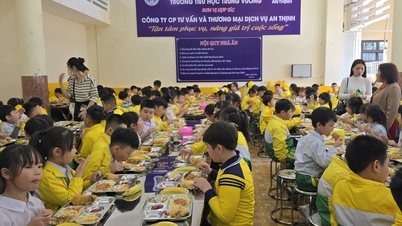

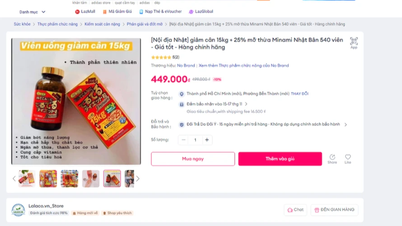




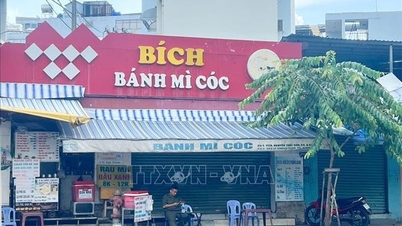

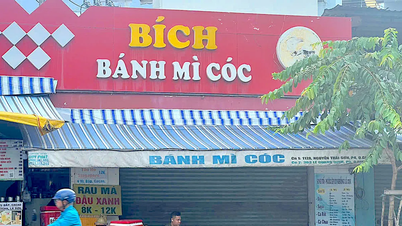
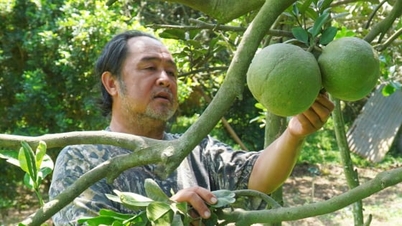
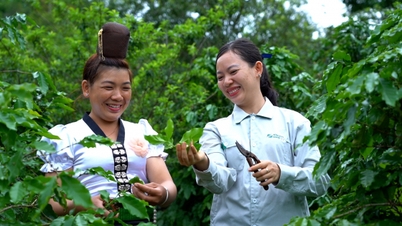
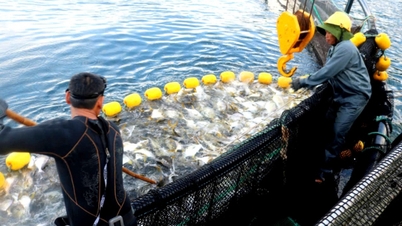
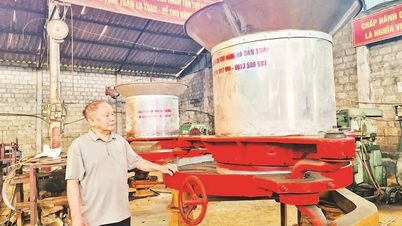

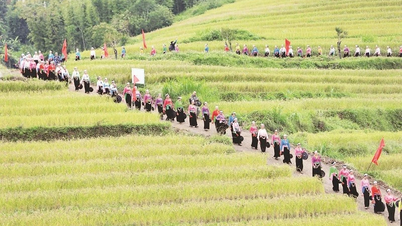
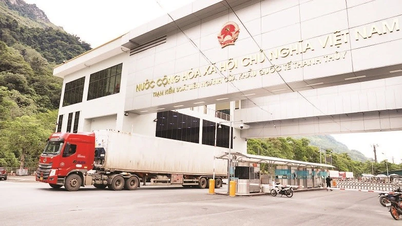




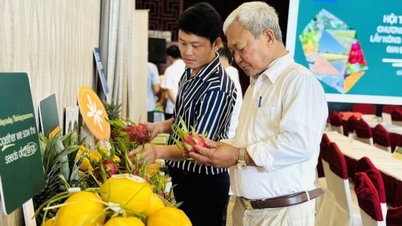
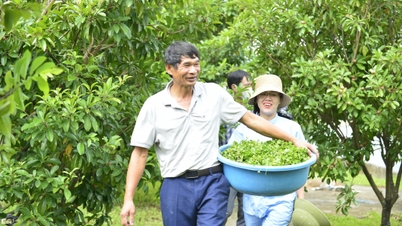
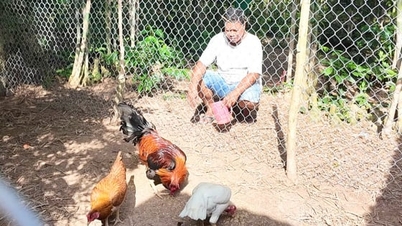
![Mastering knowledge to reduce poverty: [Part 1] People living along Dau Tieng Lake change their lives](https://vphoto.vietnam.vn/thumb/402x226/vietnam/resource/IMAGE/2025/11/13/1763022074414_3026-1-4-062713_608.jpeg)
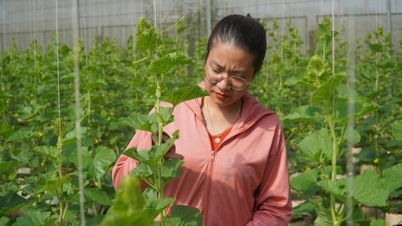


![[Photo] Special class in Tra Linh](https://vphoto.vietnam.vn/thumb/1200x675/vietnam/resource/IMAGE/2025/11/14/1763078485441_ndo_br_lop-hoc-7-jpg.webp)













































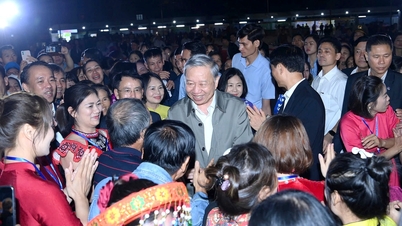





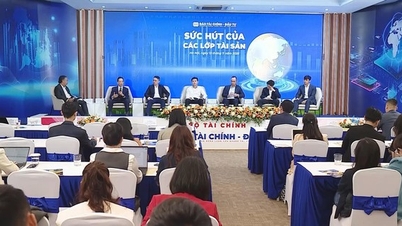
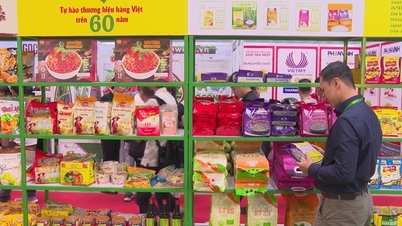


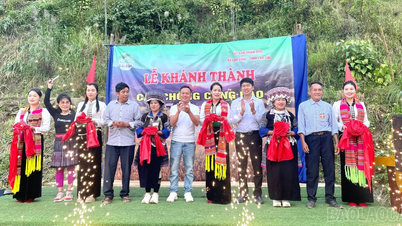

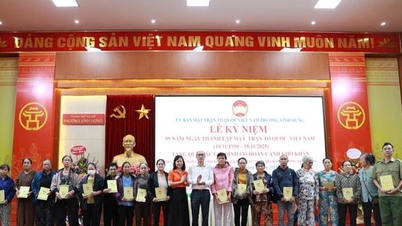












Comment (0)